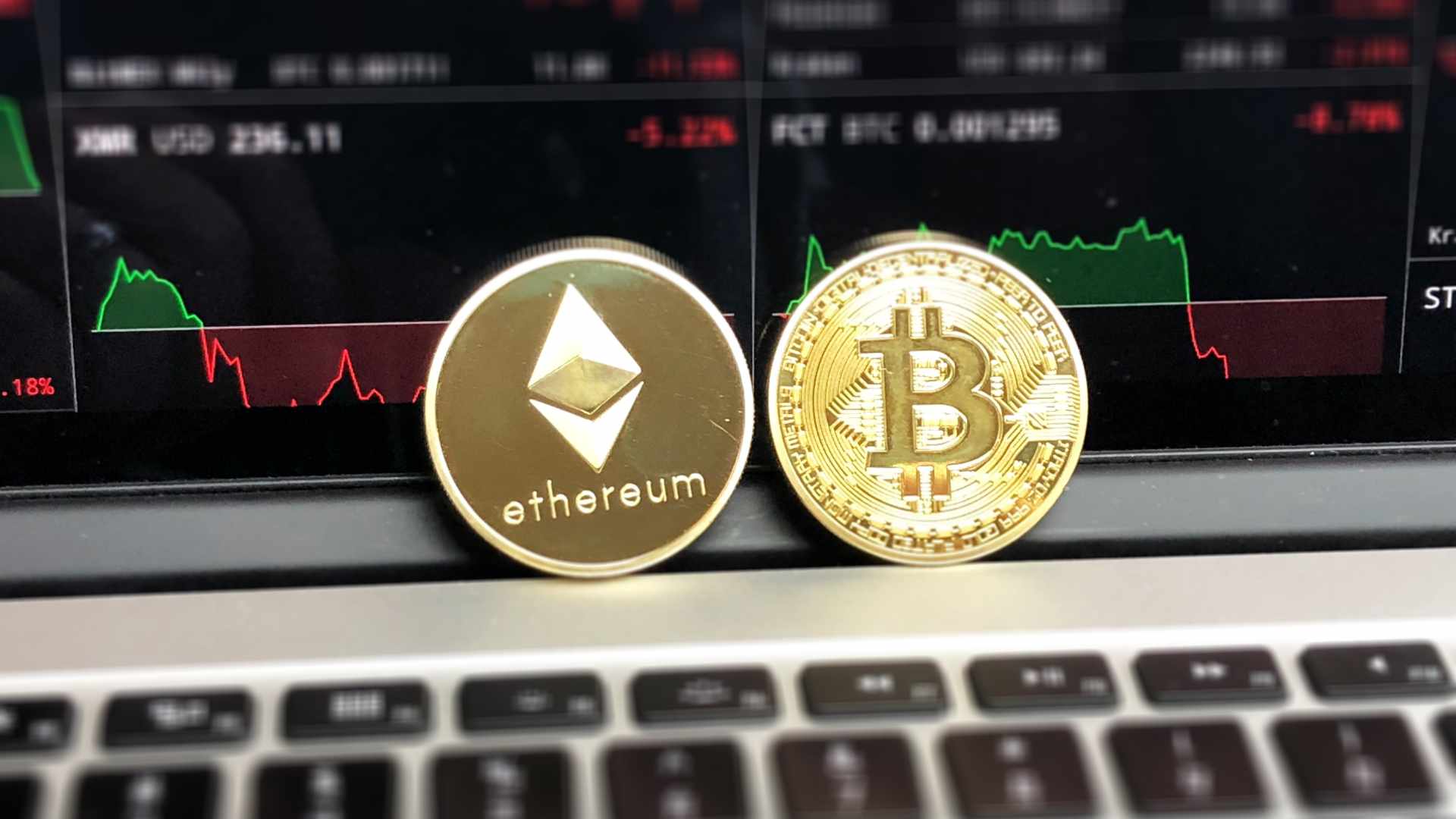Cryptocurrencies are becoming a big part of our financial world. The HMRC has laid out rules for UK people who love crypto. They focus on Capital Gains Tax (CGT) and Income Tax for these digital assets. Cryptoassets, like Bitcoin and utility tokens, are not seen as money by the HMRC.
If you own or trade cryptos, it’s important to know your tax duties. You should get familiar with how your crypto transactions are seen by the taxman. Understanding these things helps you follow the law and manage your tax properly in the UK.
HMRC Approach to Cryptocurrency Tax in the UK

The UK’s digital currency tax laws are constantly changing as crypto becomes more common. If you own or deal in digital currencies, it’s vital to know how the HMRC treats crypto taxes. This means understanding how things like Capital Gains Tax (CGT) and Income Tax work for digital currencies.
Cryptocurrency Tax Basics
In the UK, if you make money selling or getting rid of your digital currencies, you might owe taxes. Profits from investing in crypto are subject to Capital Gains Tax. But if you get crypto for services or mining, you pay Income Tax.
Capital Gains Tax (CGT) on Cryptocurrency
Capital Gains Tax comes into play when you sell or dispose of crypto assets that were for investment. There’s an Annual Exempt Amount from HMRC, but it changes based on your tax rate. Knowing exactly how to calculate these taxes is important. This includes understanding methods like the Same Day Rule.
HMRC and UK crypto exchanges now share data, so accurate reporting matters a lot. This includes knowing about the Bed and Breakfasting method and the Section 104 Rule.
Income Tax on Cryptocurrency
Income Tax could also be owed from crypto activities, like trading and earning from airdrops. How much you pay depends on your total income. HMRC offers detailed advice to help you understand your tax obligations. Knowing about tax-free allowances and what counts as taxable is key.
| Tax Type | Description | Tax Rates |
| Capital Gains Tax (CGT) | Applies to profits from selling/disposing of crypto assets as investments. | 10-20% |
| Income Tax | Applies to crypto income from services, mining, staking, or airdrops. | 20-45% |
Different rules apply if you’re trading or investing in crypto. Knowing and following the UK’s digital currency tax laws is crucial. It helps you stay on the right side of the law while managing your taxes well in the crypto world.
Tax Compliance and Reporting for UK Crypto Enthusiasts

It’s key for UK crypto enthusiasts to know about tax rules to avoid fines. They should keep up with the UK cryptocurrency tax rules and tell HMRC about their wins and losses promptly.
Reporting Requirements
UK folks dealing in crypto need to tell HMRC about their financial ups and downs. Not doing this can lead to big penalties. If you’ve made a certain amount from crypto through platforms like immediate x gen ai, you need to fill in a Self Assessment form. Also, you must keep detailed records for several years after filing your tax return.
Cost Basis Methods
HMRC requires crypto users to use one of three methods to calculate their financial changes from crypto dealings:
- Same-Day Rule: for assets bought and sold on the same day.
- Bed and Breakfasting Rule: involves assets repurchased within 30 days of the sale.
- Section 104 Rule: about averaging out the cost of shares bought over time.
Using these methods makes reporting crypto taxes fair and straight. They help users work out correct gains or losses from their transactions.
Tax Loss Harvesting
HMRC allows crypto tax losses to offset gains from the same tax year. Plus, extra losses can get used in following years. It’s crucial to accurately report these losses to take advantage of this rule and lower your tax bill. Investors must know these details well under digital currency tax laws in the UK.
| Cost Basis Method | Description |
| Same-Day Rule | Applies to assets bought and sold on the same day. |
| Bed and Breakfasting Rule | Involves assets bought back within 30 days of being sold. |
| Section 104 Rule | For allowing sharing pooling to find an average cost of bought assets. |
Conclusion
Understanding how HMRC deals with cryptocurrency taxes in the UK is vital for those investing in digital money. Different crypto actions like trading or earning come under Capital Gains Tax or Income Tax. It is important to know the specific tax rules to stay legal and manage taxes well.
For those in the UK excited about crypto, it’s key to calculate taxes right. You need to know methods such as Same Day, Bed and Breakfasting, and Section 104 Rule. Also, strategies like tax loss harvesting help handle tax debts better. With these skills, you can make sure your crypto taxes are correct and legal.
Getting advice from tax experts and using good tax tools is wise. It helps keep your digital investments in line with HMRC’s rules. Doing this gives peace of mind and keeps you within the UK tax laws. So, following HMRC’s guidance on crypto taxes can make a big difference for crypto investors.




















No Comments
Leave a comment Cancel